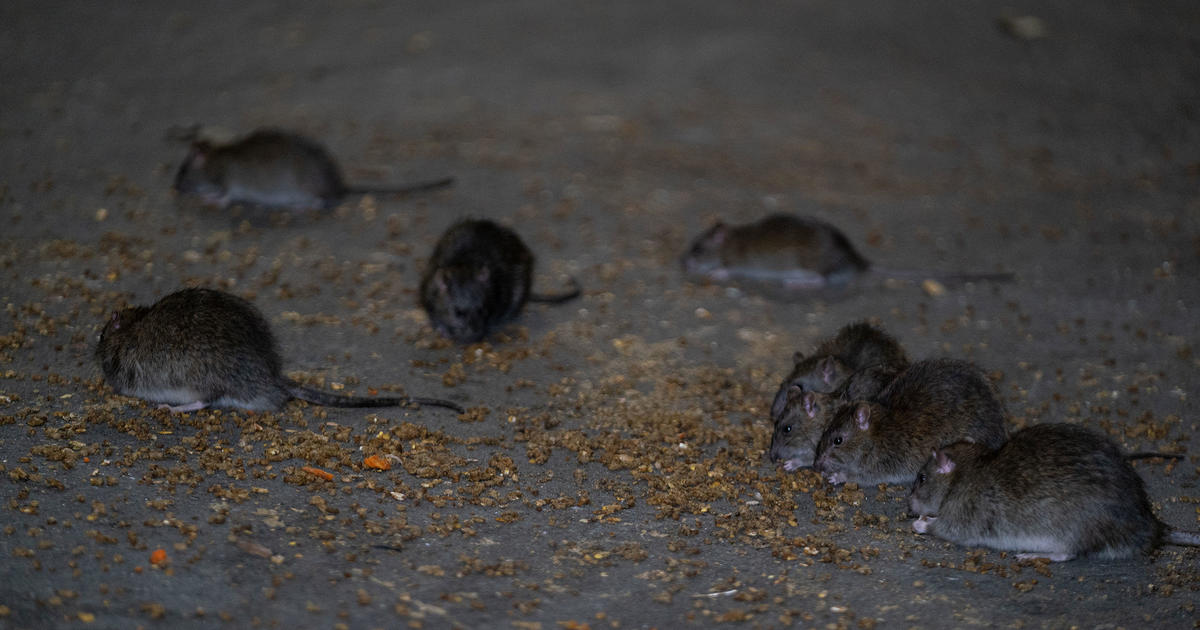Expert: Weight Gain Appears Related To When We Eat
NEW YORK (CBSNewYork) -- If you're like many people, you're starting off 2019 with a couple of standard traditions, like football and dieting.
Most of us know what we should be eating, but do you know when you should be eating?
As CBS2's Dr. Max Gomez reported Tuesday, the time of day we eat could make a difference in our weight and health.
We were always told that a calorie is a calorie, no matter when you eat it, but there's now growing evidence that our body clocks, or circadian rhythms, can make a difference in our waistlines. It's the basis of several popular diets that some call intermittent fasting.
We've long been told that breakfast is the most important meal of the day, but many people skip breakfast and many people eat dinner late at night. Is that good or bad? There are lot's of opinions out there.
According to Cleveland Clinic wellness expert Dr. Michael Roizen, we should take notice of when we eat.
"As we eat late, we get fat. So, it adds to our waist size. It adds to inflammation. It adds to type 2 diabetes. In the studies of people, they gain weight when they eat calories at night," Dr. Roizen said.
Roizen said our bodies become more insulin-resistant throughout the day, so the pancreas secretes even more insulin. But insulin is a kind of growth factor that leads to weight gain, so it's best to avoid eating after dark.
"You should eat early for the best health, before 2 p.m., and try and eat only when the sun is up," Roizen said.
MORE: NYC's 7 Best Healthy Plates Under 600 Calories
He recommends eating three-quarters of your calories before 2 p.m. Breakfast and lunch should be your largest meals and dinner your smallest. Before long, that'll become habit.
"Your body clock shifts to wanting to eat and feeling hungry in the morning and not hungry in the evening," Roizen said.
But it's important to get plenty of protein and healthy fat in the morning and at lunchtime to ward off hunger. He also said we should be open minded about what we're eating.
"Stop stereotyping food. So, I've gone to having salmon burgers for breakfast. They're wonderful. Or avocado toast, and, if you will, oatmeal for dinner," Roizen said.
He suggested eating within a 12-hour window or less -- only when there's daylight -- for three days and then working up to a week or more.
Roizen said not to worry if you fall off the wagon while resetting your food clock. You can always get back on. And he said you can reap health benefits by adopting daytime eating five out of seven days.
Like all diets, it has to be something you can maintain for life.



